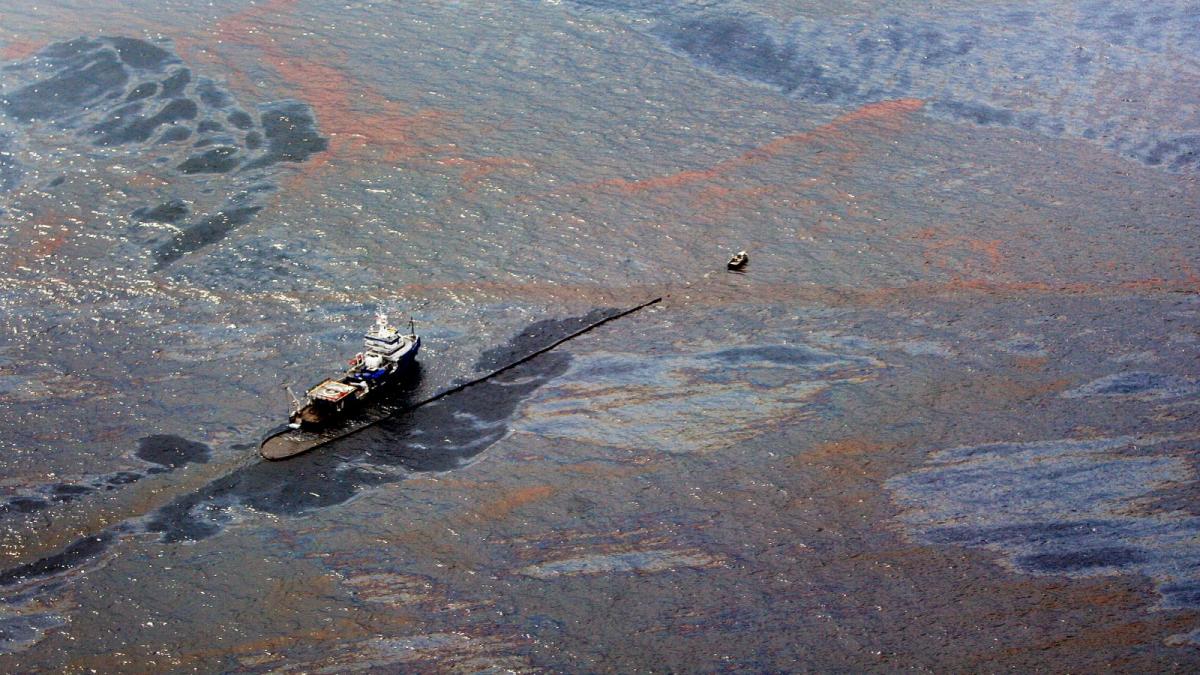This story was originally published by Newsweek and is reproduced here as part of the Climate Desk collaboration.
Scott Porter remembers the last time he felt completely well. It was a warm, clear day with sparkling blue skies in June 2010. A deep-sea diver and marine biologist, he was taking a TV news crew out on a 30-foot catamaran to one of his favorite spots in the Gulf of Mexico, a coral reef growing on an abandoned oil platform at Main Pass 311. It lies about 40 miles north of the Deepwater Horizon drilling rig, which had exploded six weeks earlier. The rig’s severely damaged wellhead a mile below the surface was still gushing thousands of barrels of oil a day — and ongoing coverage of the accident continued to generate headlines. Federal officials had assured Porter that the water around the reef was safe, but the acrid smell of crude permeated the air. The minute he plunged into the murky seas, he found himself immersed in a 40-foot-thick mucous plume of oil and chemical dispersants.
“At midday, it’s normally light enough to read a book even 60 feet below,” Porter says. “But the oil blocked out so much sunlight, I couldn’t read my gauges.” Porter reca... Read more
